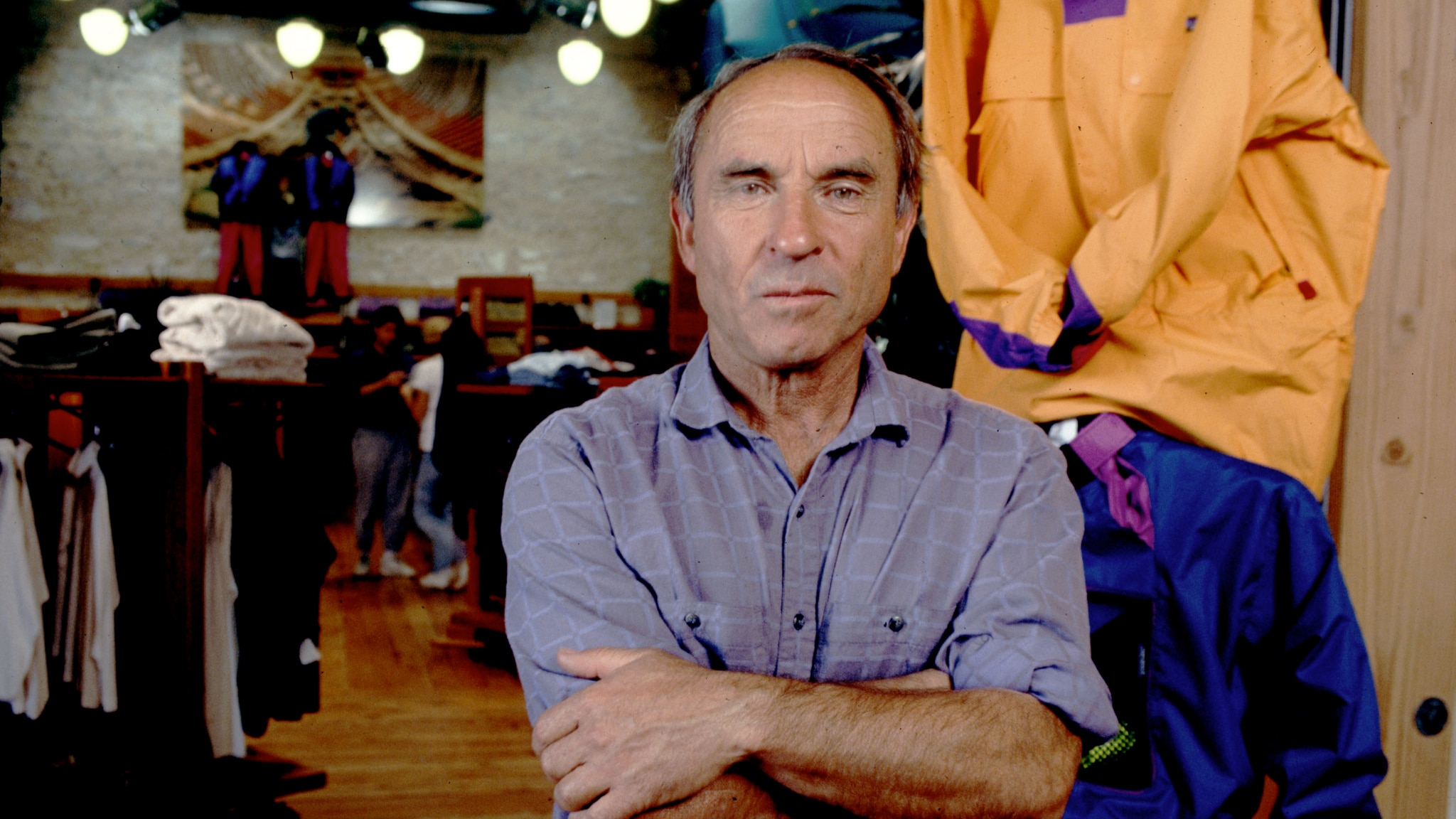The founder of the outdoor clothing brand Patagonia, 83-year-old American
Yvon Chouinard
, has decided to donate his business to an environmental organization and an investment fund that protects nature.
This was reported by the New York Times newspaper, underlining that
Chouinard, in agreement with the family, has transferred 100% of their shares in the company for an estimated value of about 3 billion dollars.
"Earth is our sole shareholder," Chouinard wrote in a letter posted on the Patagonia website.
"I never wanted to be a businessman. I started out as a craftsman, making climbing equipment for me and my friends before moving on to clothing," he recalls.
Founded almost fifty years ago, Patagonia immediately committed itself to the protection of nature, scrupulously choosing its raw materials or donating 1% of its sales each year to environmental NGOs.
The unusual move comes at a time of growing pressure on billionaires and corporations, whose pro-world rhetoric is often overshadowed by their contributions to the problems they claim they want to solve.
"
We hope this affects a new form of capitalism that doesn't end with a few rich and a lot of poor, we are giving up the maximum amount of money to people who are actively working to save this planet
," Chouinard explained.
Patagonia will continue to operate as a private profit-making company based in Ventura, California, selling over 1 billion ski jackets, hats and pants annually.
But the Chouinards, who controlled Patagonia until August, will no longer own the company.
The family irrevocably transferred the voting shares, equal to 2% of the total, to a new entity called the
Patagonia Purpose Trust.
The fund, which will be overseen by family members and their close advisors, aims to ensure that Patagonia lives up to its commitment to run the business in a socially responsible manner and surrender the profits.
Due to this donation, the Chouinards will pay 17.5 million in taxes.
The family also donated the remaining 98% of the common shares to a new non-profit called Holdfast Collective, which will receive all of the company's profits and use them to combat
climate change.
An operation, the latter, which does not involve any tax benefit.

